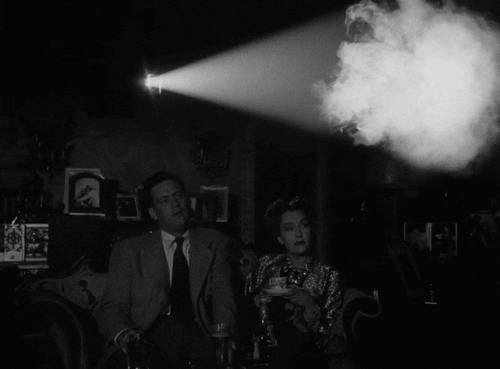Are you a machine learning developer who also happens to be a cinema lover? Do you find yourself constantly searching for ways to combine your passion for movies with your love of coding? Look no further! In this blog post, we've compiled eight exciting machine learning project ideas that are perfect for cinephiles. Whether you're looking to build a movie recommendation system, predict box office success, or generate new movie plots, there's something here for everyone. So grab some popcorn and get ready to dive into the world of machine learning and cinema!

Machine Learning Projects for Movie Buffs
Movie recommendation system: A movie recommendation system is a personalized system that suggests movies to users based on their viewing history, ratings, and preferences. The system could be built using various machine learning techniques such as collaborative filtering, content-based filtering, or a hybrid approach.
Genre classification: Genre classification involves developing a machine learning model that can predict the genre of a movie based on various features such as plot summaries, reviews, and other metadata. The model could be trained on a large dataset of movies with labeled genres.
Box office prediction: Box office prediction involves developing a machine learning model that can predict the box office success of a movie based on various factors such as genre, cast, release date, and marketing budget. The model could be trained on a dataset of movies with box office data.

Sentiment analysis: Sentiment analysis involves analyzing user reviews of movies to determine the overall sentiment towards a movie and identify specific aspects that are positively or negatively received. Machine learning models such as neural networks or decision trees can be used for this task.
Face recognition in movies: Face recognition involves building a machine learning model that can recognize the faces of actors and actresses in movies and track their appearances and screen time. Techniques such as face detection, face recognition, and tracking can be used for this task.
Plot generation: Plot generation involves developing a machine learning model that can generate new movie plot summaries based on existing plot summaries and genre information. The model could be trained on a large dataset of movie plots.
Introduction to Machine Learning Training
Movie dialogue generation: Movie dialogue generation involves developing a machine learning model that can generate new movie dialogues based on existing movie scripts and character information. The model could be trained on a dataset of movie scripts.
Subtitle translation: Subtitle translation involves building a machine learning model that can automatically translate movie subtitles from one language to another. The model could be trained on a large dataset of translated subtitles.
Popular Environments (IDEs) To Use
When it comes to developing machine learning projects, choosing the right integrated development environment (IDE) is crucial. With so many options available, it can be overwhelming to decide which one to use. If you're planning to work on any of the exciting machine learning projects for cinema lovers, there are a few IDEs that you may want to consider.
- Jupyter Notebook is an open-source web application that allows you to create and share documents that contain live code, equations, visualizations, and narrative text. It is an excellent tool for data exploration, visualization, and prototyping machine learning models.
- Spyder is an open-source scientific environment for Python that provides an advanced editor, interactive console, and powerful debugging tools. It is an excellent tool for developing and testing machine learning models and allows you to integrate with other scientific libraries such as NumPy and SciPy.
- PyCharm is an integrated development environment (IDE) used in computer programming, specifically for the Python language. It offers a range of features such as code completion, debugging, and integration with version control systems. It is an excellent tool for building and testing machine learning models.
- Visual Studio Code is a lightweight, open-source code editor that supports multiple programming languages. It provides a range of features such as code completion, debugging, and integrated terminal support. It is an excellent tool for developing and testing machine learning models.
- Google Colaboratory is a free cloud-based service that provides a Jupyter Notebook environment with a GPU and TPU support. It allows you to run and test machine learning models without the need for powerful hardware or local installations.
Now, you are ready to start your next Machine Learning project. Don't keep this to yourself, share with a friend who might be interested in these ideas too!